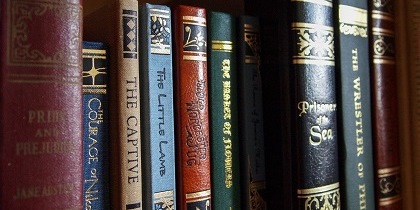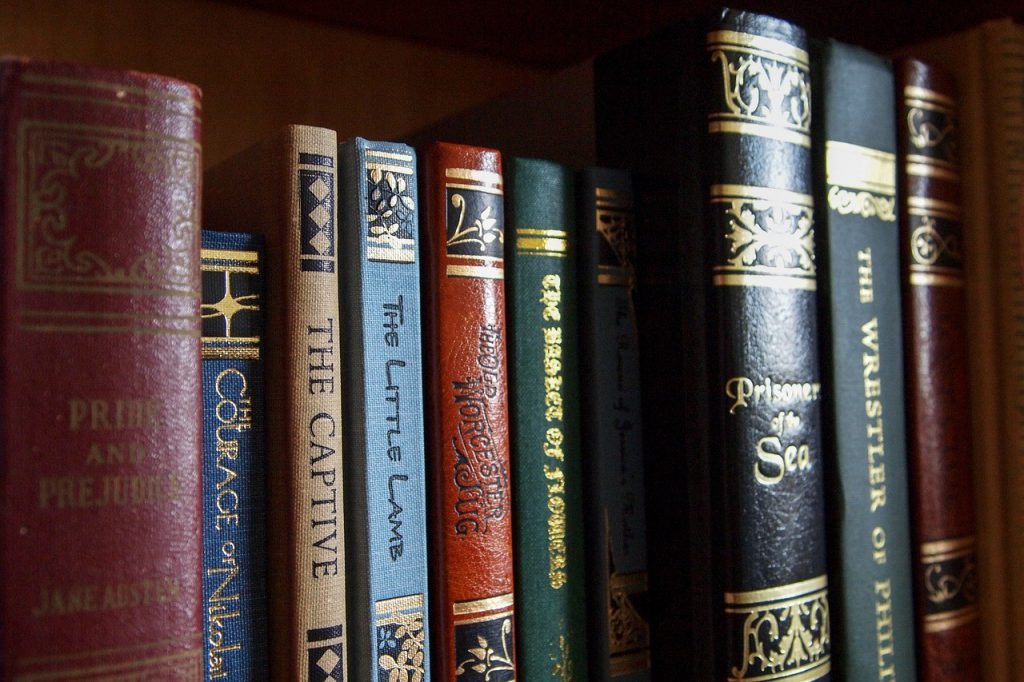
April 10, 2017, by Words on Words
Book Review: Pride and Prejudice
This blog post was written by second year English student, Rhiannon Morris.
For many, Pride and Prejudice is a book that has become ingrained in them through the various stages of education; from high school through to university. However, for me, the first time I ever read the book was last week for a second-year module. How did I manage to get by so long without reading it, you ask? It has been on my bookshelf for years and, as such an iconic book, I’ve always had the intention to read it, but have never got round to it until I finally had to study it. Despite it being a household name, with everyone knowing who Mr Darcy is, I didn’t even know the basics of the plot, besides its links with Bridget Jones’s Diary!
I never thought classic literature was my sort of thing; however, after reading Jane Eyre in first year, the enjoyment of that broadened my mind and encouraged me to try other widely renowned classics, such as Pride and Prejudice. Although the style of the writing isn’t something I’d typically choose, this novel felt rather refreshing and not as arduous as other classic literature. I’d go as far as labelling it as an early romantic comedy, which is, perhaps, why I enjoyed it so much.
I’ll try not to spoil the plot for anyone that hasn’t read it, but as you can imagine it involves plenty of intertwining relationships, along with love rivals and jealousy, and of course pride and prejudice. Mr and Mrs Bennet have five unmarried daughters, who, are unable to inherit their father’s estate. As a result, Mrs Bennet attempts to marry them off to men she thinks will prove some advantage to the family. When Mr Bingley and his friend Mr Darcy arrive in town, plenty of tension is created and results in one of the most adored love stories from English Literature between the protagonist, Elizabeth Bennet, and Mr Darcy. Austen also explores the strict nature of social class and gender conformity of the period. Despite these outdated themes, however, the book is relatable through the recurring idea of marrying for love, rather than simply for social prestige or necessity. Elizabeth herself is a compelling character due to her intelligence and witty personality; she has an independent spirit and a strong sense of right and wrong through which she isn’t afraid to defy social conventions. This makes her, in my opinion, intensely likable as the protagonist of the novel.
Many may roll their eyes at a typical literature student raving about Austen, but this was my first experience of reading her work and it did not disappoint. Therefore, I would fully recommend that you stop putting it off and pick Pride and Prejudice up! I found myself bound up in the stigma that is often associated with ‘boring’ classic literature, but I have been proven wrong and will now willingly pick up anything that I once looked at in contempt and give it a go. I suggest that those of you with similar thoughts to me do the same!
Rhiannon Morris
No comments yet, fill out a comment to be the first


Leave a Reply